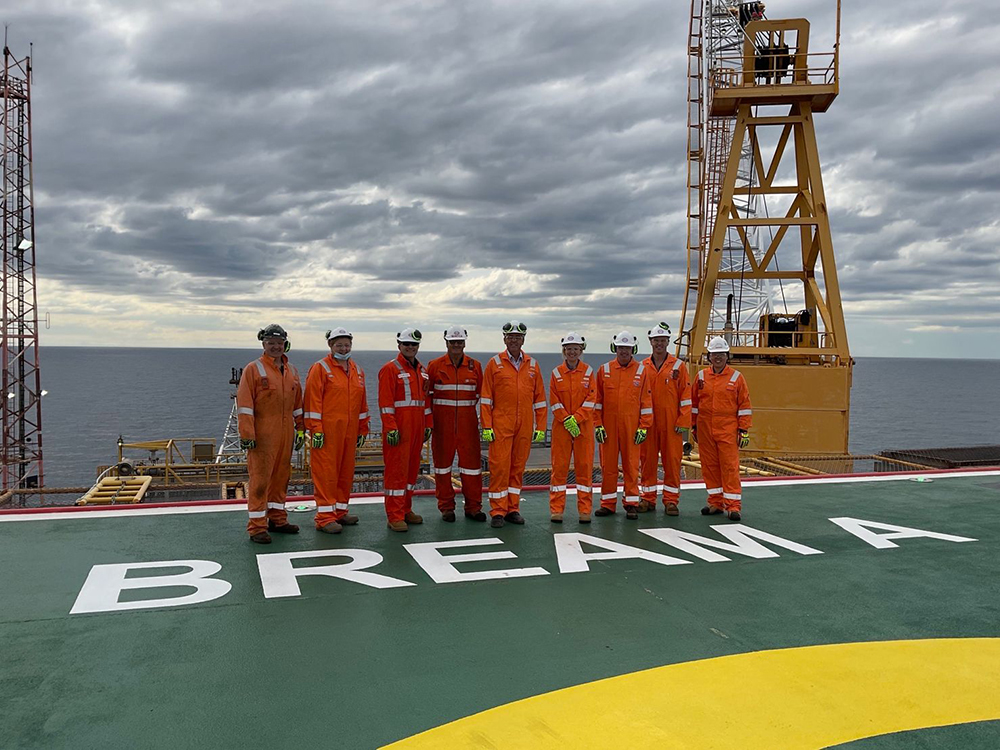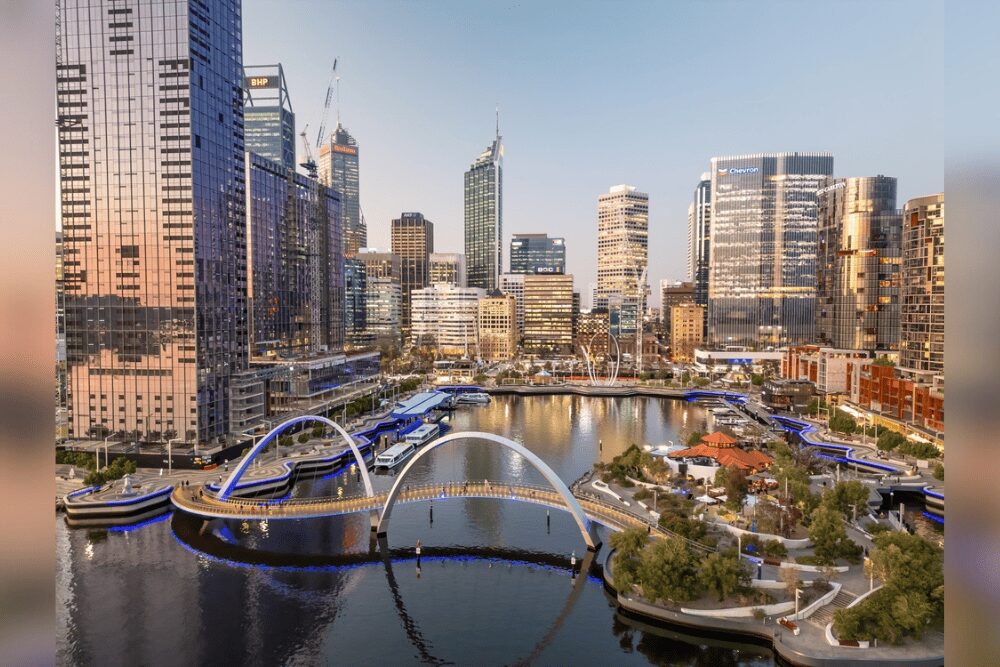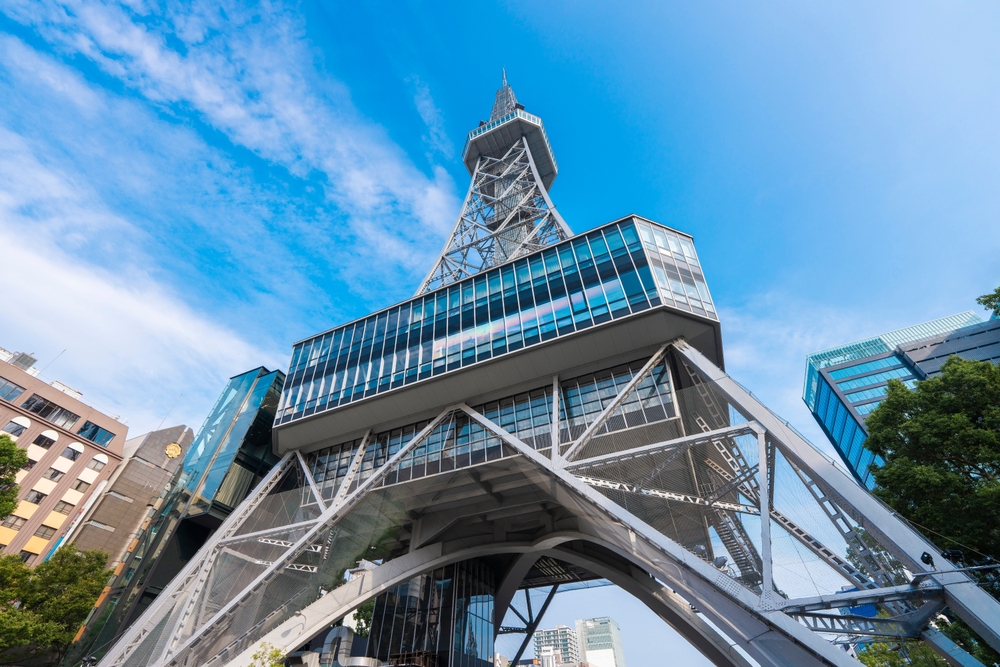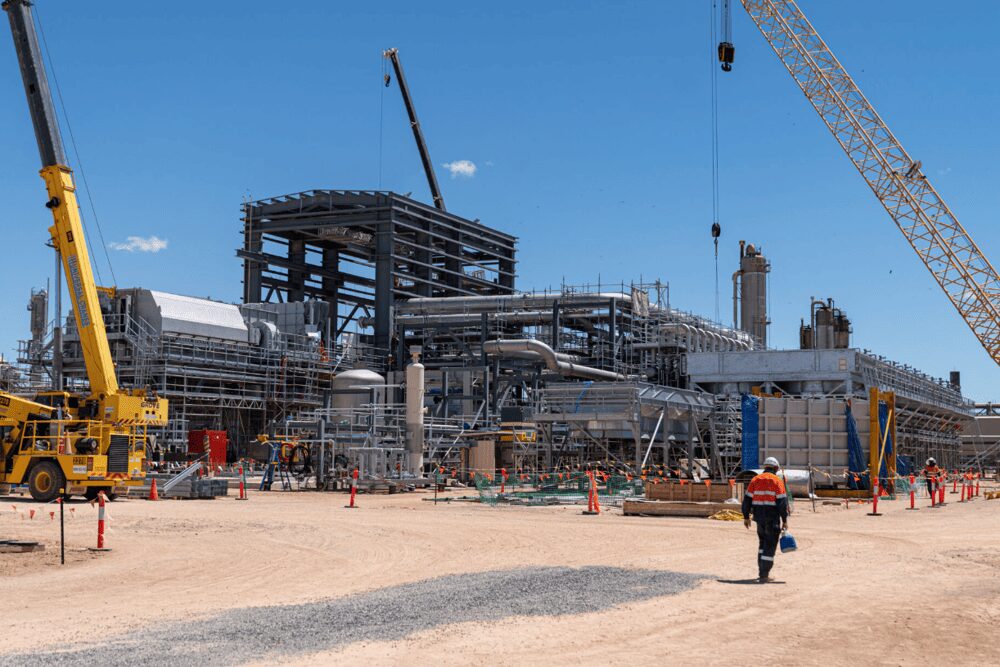
A major oil and gas project could convert and recycle infrastructure for carbon capture utilisation and storage (CCUS) to help protect the environment.
ExxonMobil CCS Facilities Engineering Lead Alan Black told delegates at the APPEA 2023 Conference & Exhibition in Adelaide that the Gippsland Basin Joint Venture (GBJV) was examining advantages that existing infrastructure presented to progress “world-class” CCUS opportunities at the Victorian project.
ExxonMobil’s South-East Australian Carbon Capture Utilisation and Storage (SEA CCUS) project is investigating the storage potential of Bass Strait’s depleted oil and gas reservoirs and suitability of the Gippsland Basin Joint Venture’s (GBJV) existing infrastructure.
“A global challenge exists to rapidly decarbonise, and the Gippsland Basin is a prime location to support the storage of large quantities of CO2,” Mr Black said, citing the Bream field, which ceased production in 2020.
Mr Black said: “Normally this would put the platform and associated infrastructure on the path to decommissioning and removal. Instead with CCS, Bream will continue to have a bright future storing CO2 supplied via the re-purposed export pipeline.
“With considerable existing reservoir knowledge including storage experience Bream provides an ideal candidate to support rapid CCS deployment.”
Australian Petroleum Production & Exploration Association (APPEA) Chief Executive Samantha McCulloch, who recently toured the platform, said the investigation showed how the oil and gas industry was critical to progressing emissions reduction technologies like CCUS for net zero.
“Our industry has the expertise and infrastructure to transform the way Australia’s economy operates in a cleaner energy future,” Ms McCulloch said.
“CCUS is gaining unprecedented momentum worldwide and Australia must realise the race is on to create a regulatory and investment environment that can position our country for a cleaner energy future and seize its economic opportunities.”







